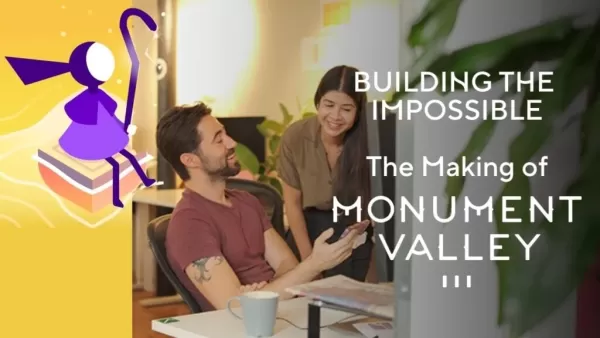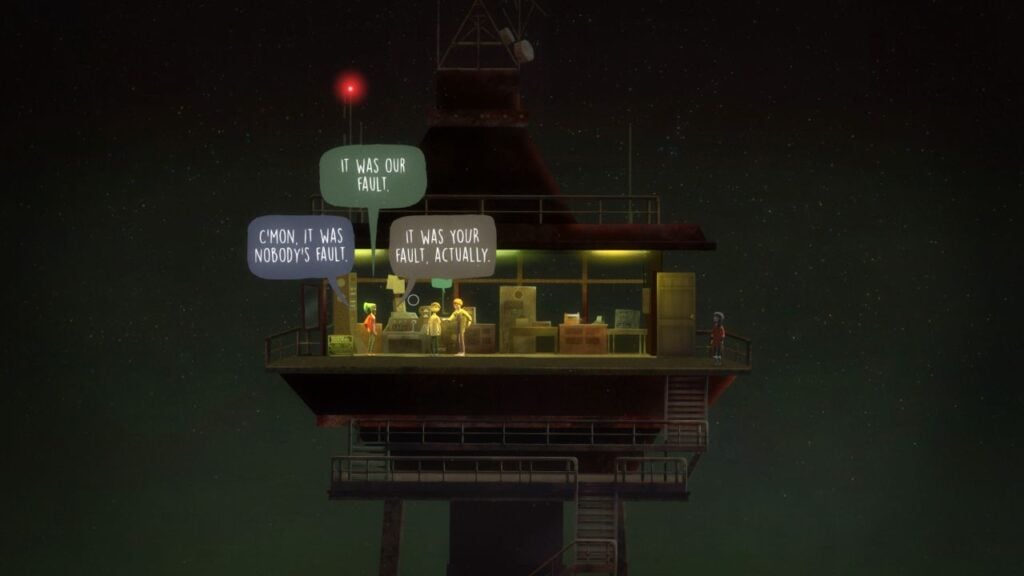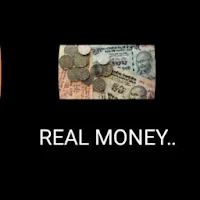At the Time100 Summit, Netflix CEO Ted Sarandos boldly declared that the streaming giant is "saving Hollywood," despite the industry facing challenges such as production shifts away from Los Angeles, a shrinking theatrical window, and a decline in the overall cinema experience. Sarandos emphasized Netflix's consumer-centric approach, stating, "We deliver the program to you in a way you want to watch it." He also addressed the decline in box office sales, suggesting that audiences prefer watching movies at home, although he acknowledged his personal appreciation for theaters while labeling the broader concept as "an outmoded idea, for most people."
Given his position at Netflix, Sarandos's views align with the company's interests in promoting streaming over traditional cinema-going. Hollywood's recent struggles are evident, with family films like "Inside Out 2" and video game adaptations such as "A Minecraft Movie" supporting the industry, while even reliable franchises like Marvel experience fluctuating success at the box office.
The debate over whether going to the cinema is outdated continues. Actor Willem Dafoe lamented the loss of the communal experience of movie-watching, noting a shift in audience attention and engagement at home compared to theaters. He expressed concern about the impact on more challenging films and the social aspect of cinema, which he believes is diminishing as people opt for casual home viewing.
Filmmaker Steven Soderbergh, known for the "Ocean's Eleven" series, offered insights into the future of movie theaters in the streaming era. While recognizing the appeal of cinema, Soderbergh stressed the importance of engaging younger audiences and maintaining the interest of older ones to ensure theaters remain a viable destination. He highlighted the significance of programming and engagement strategies to keep the theatrical experience alive, asserting that the allure of the cinema as a social outing persists despite the rise of streaming services.
 Home
Home  Navigation
Navigation






 Latest Articles
Latest Articles









 Latest Games
Latest Games




![Chubby Story [v1.4.2] (Localizations)](https://imgs.xddxz.com/uploads/85/1719638042667f981a5e9f8.jpg)

![Zia – New Version 0.4 [Studio Zia]](https://imgs.xddxz.com/uploads/47/1719569268667e8b74e6004.jpg)




